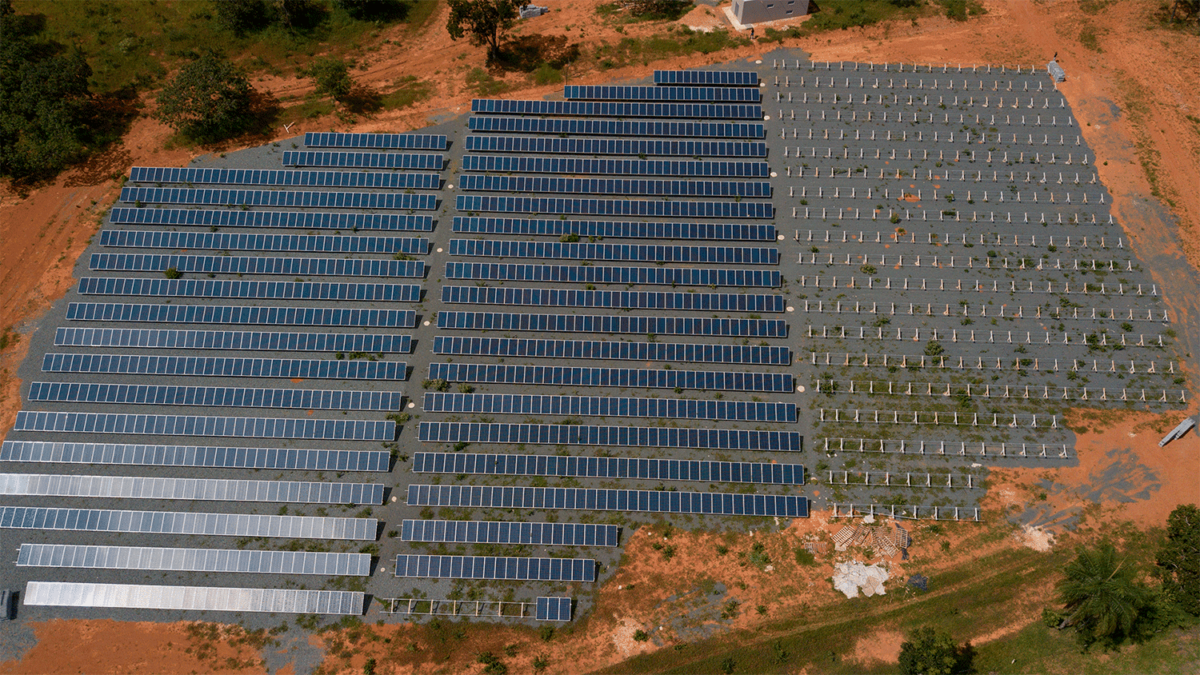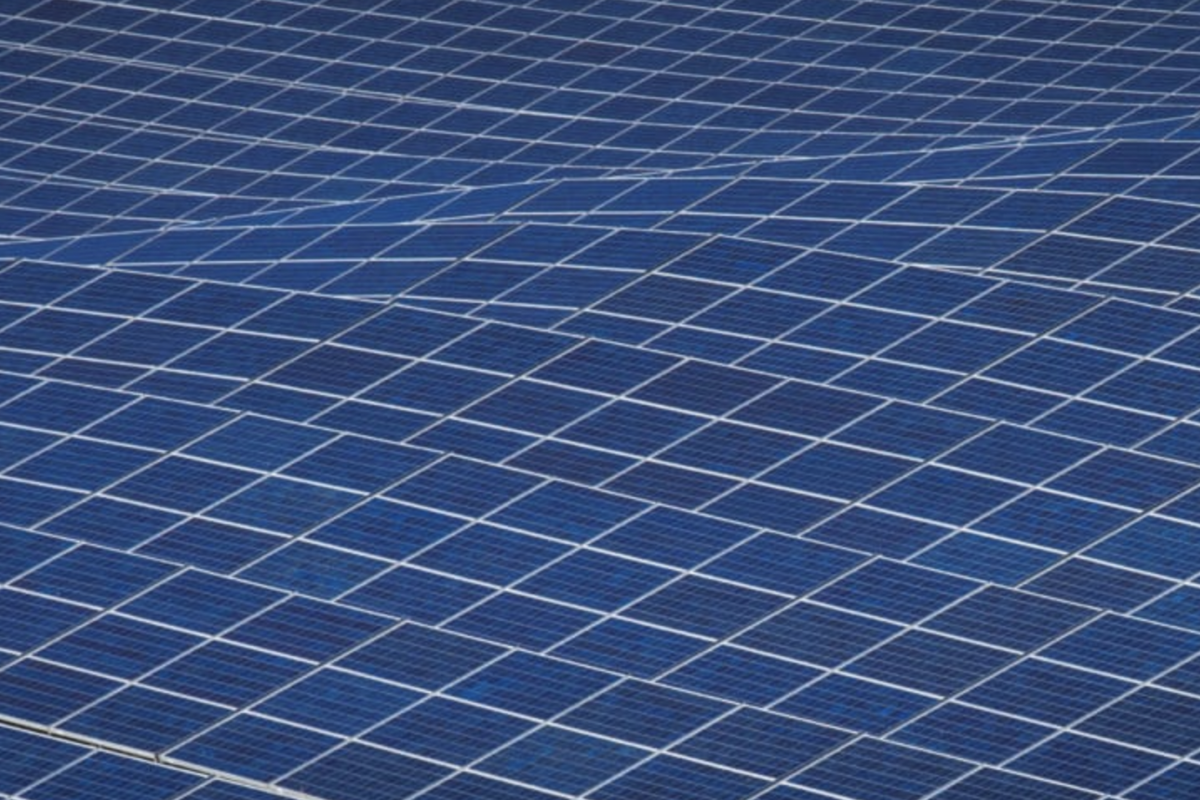From pv magazine Brazil
Brazil's solar energy industry is grappling with new concerns as operational underperformance threatens to compound existing challenges of pricing, connection availability, and contract closures.
According to analyst Vinicius Vitti, the Greener Summit revealed that out of the 3.4 GW of centralized generation mapped by Greener in 2022, 65% generated less power than anticipated. In the case of distributed generation, where the total capacity of plants exceeding 1 MW reached 103 MW, 41% fell short of expectations.
Among the most common failures identified in distributed generation, the consultancy found that 44% were related to the malfunction of string inverters and 30.6% to the lack of communication from the plants.
“There is a lack of training for professionals,” Huawei O&M Manager Rodrigo Trigona said. “There are many problems in civil works and you often have to do rework. It is generating a bad legacy for the commissioning phase, in a scenario where deadlines are tight.”
Businesspeople tend to underestimate the complexity of solar power plant systems, which bring together different disciplines of knowledge, such as electricity, photovoltaics, network architecture, and civil construction, he added.
“We do remote start-up supervision and often the plant doesn't even appear to have started up. We see chain loop, reverse current, intermittent communication. If the data is not sent reliably, it is not possible to know if the plant is really generating what was expected,” Neto explained.
This content is protected by copyright and may not be reused. If you want to cooperate with us and would like to reuse some of our content, please contact: editors@pv-magazine.com.



It’s evident from this article that Brazil’s solar energy industry is facing some significant challenges that are hindering its performance and potential. The issue of operational underperformance is adding to the existing concerns related to pricing, connection availability, and contract closures.
Rodrigo Trigona, the Huawei O&M Manager, pointed out that; there is a lack of training for professionals working in the field. This deficiency is leading to problems in civil works, often requiring rework. The commissioning phase is suffering as a result, with tight deadlines further complicating the situation.
Overall, this article sheds light on the challenges faced by Brazil’s solar energy industry. It emphasizes the need for improved training, a better understanding of system complexity, and the importance of reliable data transmission to ensure optimal performance. Addressing these concerns will be crucial for the industry to overcome operational underperformance and unlock its full potential.